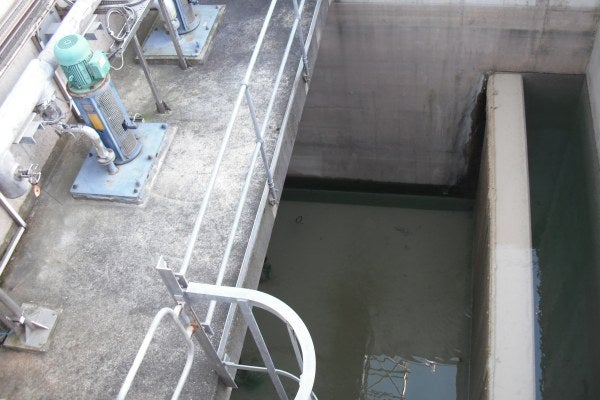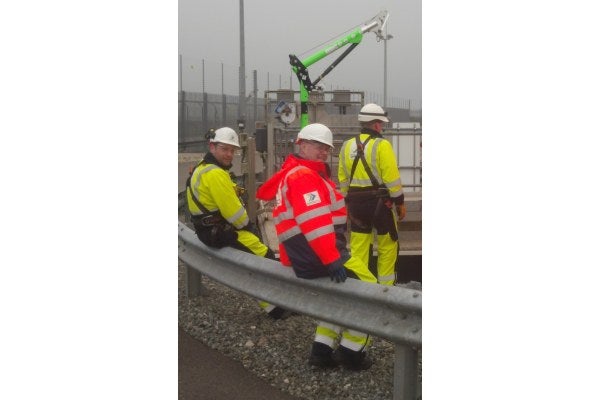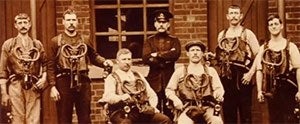Gassco is responsible for the safe and efficient gas transport from the Norwegian continental shelf to the UK and Europe. In 2017, the company transported 117.4 billion standard cubic metres of gas, through a pipeline system – which accounted for around 20% of Europe’s gas consumption.
The need
Michael Welsh, the HSSEQ Manager at Gassco, contacted MRS Training & Rescue as they required assistance in identifying, recording and categorising the confined spaces at their Easington site.
The site is intrinsically safe, and Gassco wanted to ensure extra care was taken on-site and cameras were installed in confined spaces.
Confined space consultation
Gas from Langeled pipeline arrives at the LRF inlet facilities from a buried 44” sea pipeline that is reduced to 42” and is contained through very deep concrete pits. To access the pits, the use of vertical ladders is required. The task is managed under the permit to work system as a “confined space entry” due to the potential for gas in certain situations.
Following an in-depth site visit by MRS, a completed confined space audit and report provided a record per space of each area along with detailed information, manpower and equipment requirements needed to enter the areas safely. A review date (based on risks identified) was then set to re-evaluate that area should the process or activity change. As part of the confined space categorisation work, the need for additional rescue equipment was identified along with confined space training for some of the team.
The long term benefits
Since the initial confined space consultancy took place, MRS have continued to support Gassco with confined space training. We adapted our Medium risk confined space course and added rescue and recovery training to it, creating a bespoke course specific for the needs of Gassco and their employees.
MRS’ Yorkshire Operations Manager, Billy Gundry says: “We are delighted to be working with Gassco on such a vital project that ensures millions of people receive gas safely and effectively. The company is committed to being a responsible employer and the proactive approach to their confined spaces has meant they have been open to our recommendations, and found the training we have created specifically for this project very beneficial.”
We are delighted to be working with Gassco on such a vital project that ensures millions of people receive gas safely and effectively. The company is committed to being a responsible employer and the proactive approach to their confined spaces has meant they have been open to our recommendations, and found the training we have created specifically for this project very beneficial.
Understanding what confined spaces exist and why they are classified as such is a vitally important aspect to managing site-based tasks that require a confined space entry. The survey identified what is a “confined space” in normal operations and it is important to also recognise that the nature of the work being undertaken can also lead to a confined space being created.
The initial survey work undertaken by MRS to identify what confined spaces actually existed in normal operations was a vital piece of work for the terminal. This allowed the site procedures to be developed along with the identification of adequate entry, rescue and use of escape set training.







